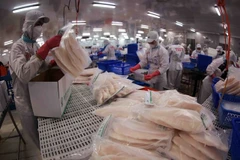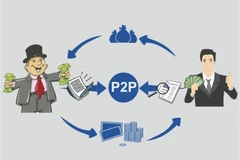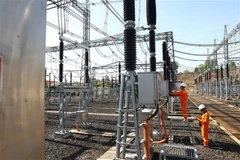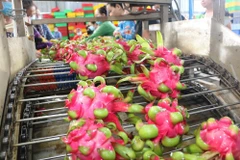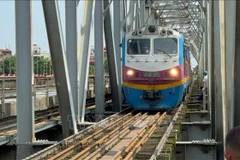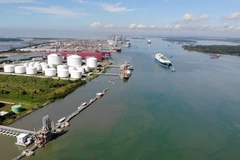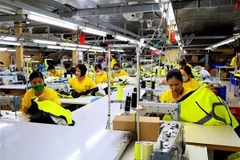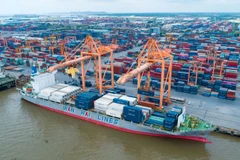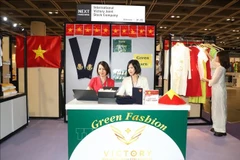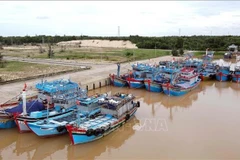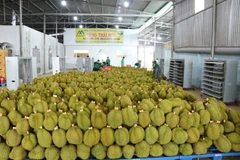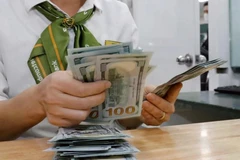The figure represented a 3.4 percent decreasein volume but 85 percent increase in revenue since rubber prices roselast year, the association's general secretary, Tran Thuy Hoa, said.
The average export price in the first seven months was 2,744 USD atonne, 92.7 percent higher than in the same period last year, accordingto the VRA.
Global prices increased between January andApril due to a recovery in demand from many industries and a fall insupply, she said, though prices edged down in May and June.
Global consumption of natural rubber is expected to be 10.43 milliontonnes this year, 8 percent higher than last year, she said.
With output unlikely to rise significantly this year, prices areforecast to rise again in the remaining months of the year, she said.They are hovering at 3,038 USD a tonne now.
China isthe largest buyer of Vietnamese rubber, accounting for two-thirds of thecountry's total rubber exports. Of last year's exports of 1.2 billionUSD, 800 million USD was to China .
Of Viet Nam 's 216 exporters, 125 trade with China , mostly across the border.
Thus, when authorities there curtailed rubber imports in April,Vietnamese exports plunged for the next two months, Hoa said, pullingdown overall exports inordinately.
In June, exports to China resumed after authorities loosened the ban.
To avoid a similar scenario in future and depending too much on thatmarket, rubber exporters have begun to explore other markets, she said.
As a result, exports to several markets like Malaysia , Taiwan , Germany and Russia have shot up this year.
The EU is considered a lucrative market though very difficult topenetrate since it requires high quality while most Vietnamese rubberproducts are of medium quality./.
